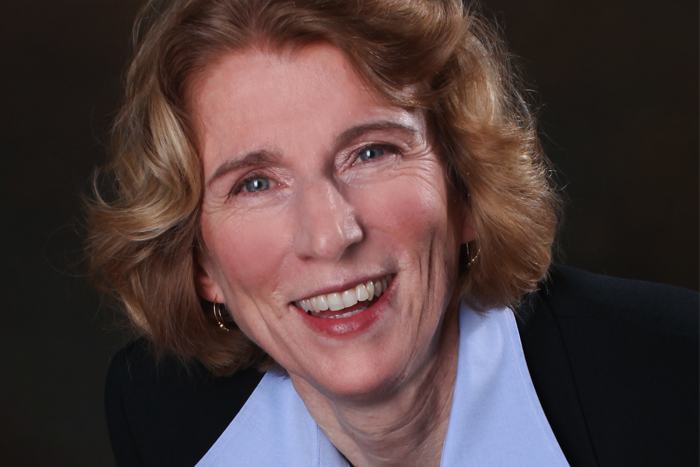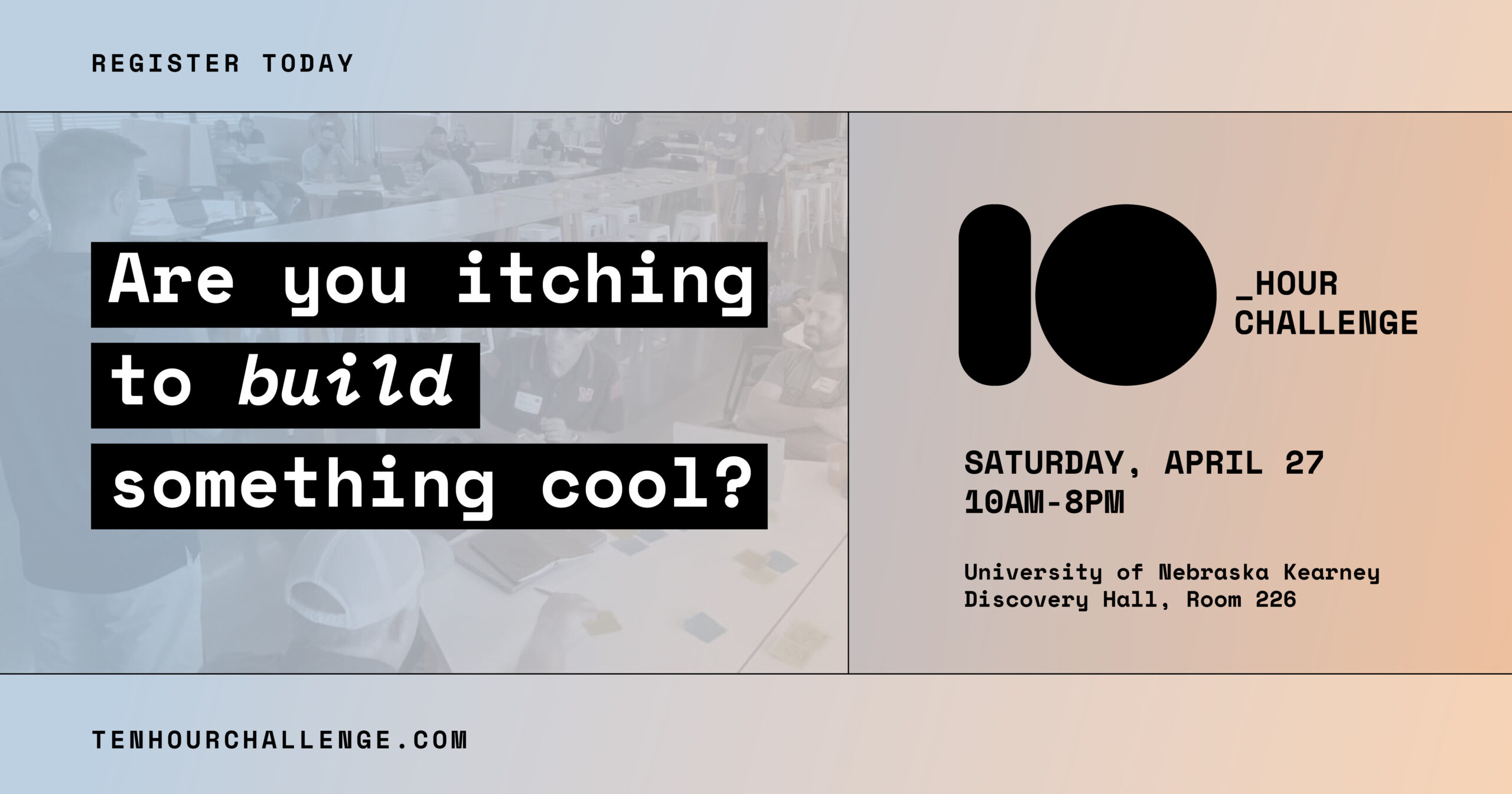
Kansas City-based healthcare technology company, PatientsVoices, was recently awarded an innovation grant totaling $150,000 from Nashville’s Jumpstart Foundry.
Jumpstart Foundry’s seed-stage healthcare innovation fund offers capital investments as well as access to customers, follow-on capital and an advisory community of like-minded professionals.
“We are thrilled to join the Jumpstart Foundry community,” says Mary Kay O’Connor, PatientsVoices Founder and CEO. “This investment allows us to take our software to the next level so we can serve more healthcare professionals and make a larger impact on the changing face of healthcare in America.”
Jumpstart Foundry invests in roughly 20 U.S. companies annually that are innovating and improving the healthcare industry. PatientsVoices was chosen from more than 300 applicants nationwide.
PatientsVoices collects unstructured, qualitative patient feedback currently collected by healthcare institutions, including written comments on patient surveys, social media posts and online reviews.
By leveraging state-of-the-art deep learning models and statistical algorithms, the company provides meaningful data to healthcare decision makers and funding sources based on their analysis of the patient feedback.
O’Connor said that since the founding of the healthtech company in 2013, PatientsVoices has developed a deep-learning model that can detect patterns in patient feedback, both in the ideas that are being expressed and in their sentiments.
“Most text tools classify text based on words or phrases, so you really lose the meaning of what the speaker was intending,” said O’Connor. “But by figuring out how to train a model to detect the patterns and the ideas being expressed, we can take those patterns and summarize the patterns into analytics that get expressed in dashboards for health systems.”
Through the PatientsServices analysis, hospitals are able to see what topics their patients talk about most frequently, are their sentiments positive or negative, and which of those things is the most important in terms of contributing to the overall rating of the hospital.
“At the end of the day, we can answer the question for the hospital or health system about, ‘What do we work on next?’ We can tell them exactly what they need to work on from their patient’s perspective,” said O’Connor.
In today’s healthcare industry, hospitals and health systems are competing for patients, so there are a lot of incentive for healthcare systems to use their data to improve services.
O’Connor said that hospitals and clinics that can deliver good clinical care, as well as positive experiences from the patients’ perspectives, are the ones that are most likely going to do well moving forward.
“Our reports give clients data to clearly define priorities while creating loyal patients and growing their market share,” explains Philip Duncan, PatientsVoices’ Chief Data Scientists. “We’re harnessing patient experiences to deliver insights to healthcare professionals who can then provide the bases for myriad decisions.”
PatientsVoices has also received several grants from the National Science Foundation and has other grant applications pending. The Jumpstart Foundry grant fueled an additional $75,000 in matching funds from the Missouri Technology Corporation’s Idea Grants.
O’Connor said that the grants and investments will help expand PatientsVoices learning models.
“The way these models work, the more data you can feed through the model, the more robust they become,” said O’Connor. “Our goal is to ensure this model can take patient feedback from any health system in the US and accurately classify and label it.”
––
Christine McGuigan is the Managing Editor of Silicon Prairie News.




